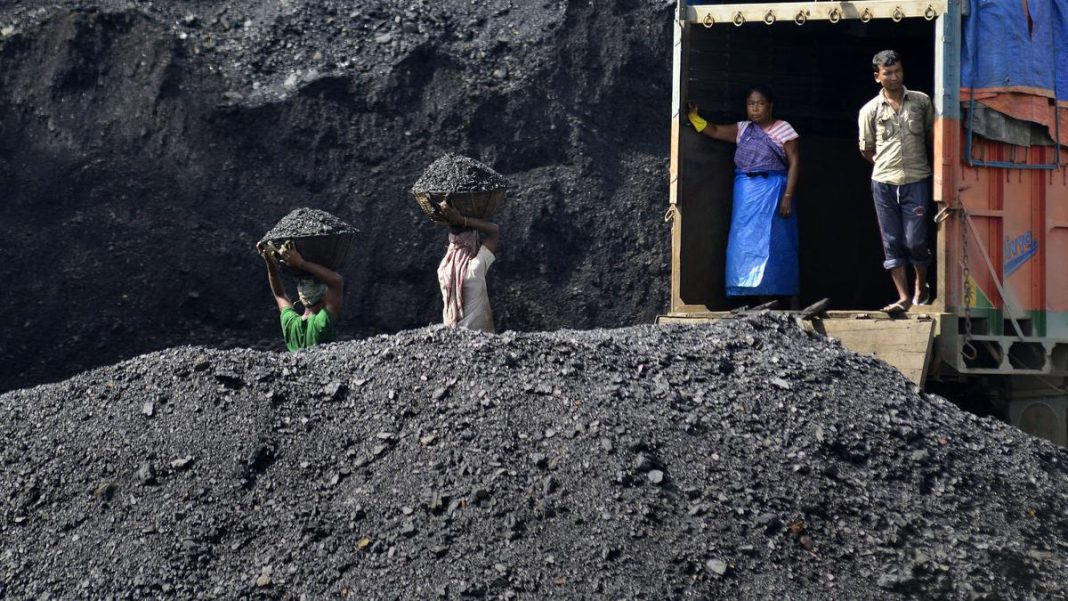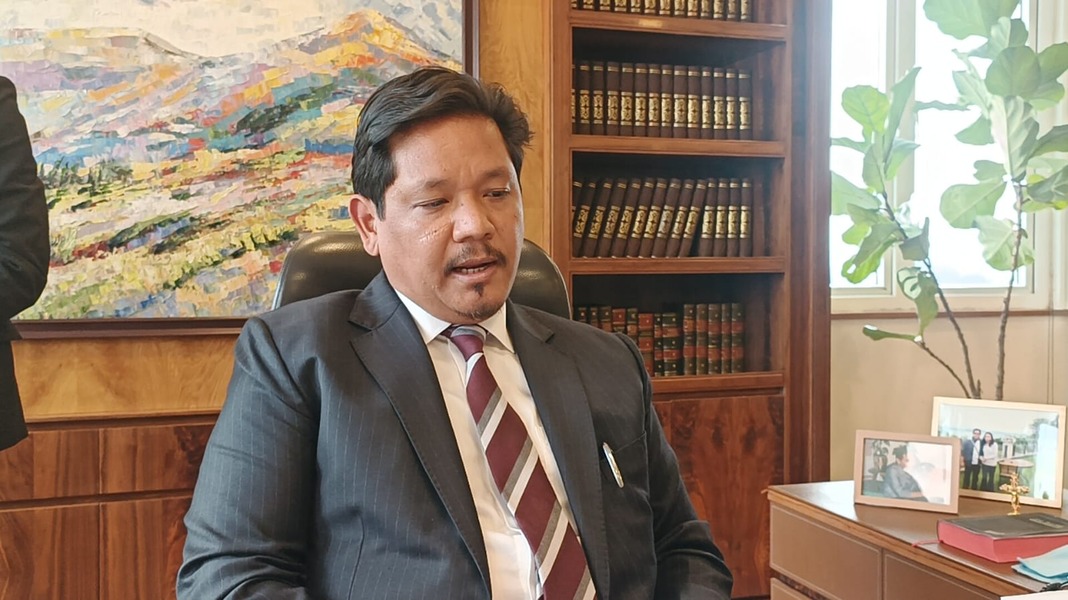Shillong, Jan 16: The path to introducing scientific coal mining in Meghalaya is challenging and a couple of proposals have been awaiting clearances from the Central government.
Informing this on Wednesday, chief minister Conrad Sangma said, “The public hearing for scientific coal mining in three locations took place about two months ago. Necessary clearances have been granted by Forest and Environment Department and Pollution Control Board. Now, the files have reached Delhi, where the Coal Ministry is reviewing them for the final approval.”
“This approval process involves scrutinizing all permissions and clearances from both central and state government departments. The final permission to open the mines will come from the Coal Ministry,” the chief minister added.
Highlighting the complexity, he said, “It has been a very complex and difficult journey. We had to overcome challenges at multiple levels, including legal battles with the NGT and Supreme Court.”
Pointing out that the government succeeded in lifting the ban, he said, “But the unique land laws in Meghalaya required specific provisions from the Government of India, adding another layer of difficulty.”
Besides, he said, coal deposits in Meghalaya are different from other regions, requiring specialized technology.
Unlike other locations with large seams, Meghalaya’s coal deposits vary in size and structure, making conventional methods unsuitable.
On the recommendations of Katakey Committee for closing abandoned coal mines, the chief minister said, “The state has established the Meghalaya Reclamation Fund, funded through fees collected from miners. This fund, amounting to nearly ₹500 crore, is dedicated to mine closure, land reclamation, restoring degraded areas, conserving water bodies, and afforestation.
“We have engaged the Central Mine Planning & Design Institute Limited (CMPDIL) to implement these projects. Pilot projects have already begun in three or four locations. These include technical studies, mapping, and proper planning. The progress is at different stages, and we expect to see tangible results in the coming months. After that, the scheme will be expanded across the state,” he said.




